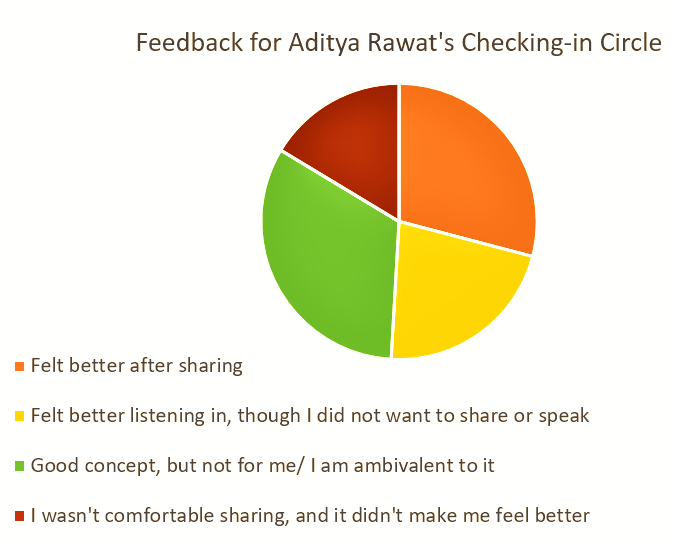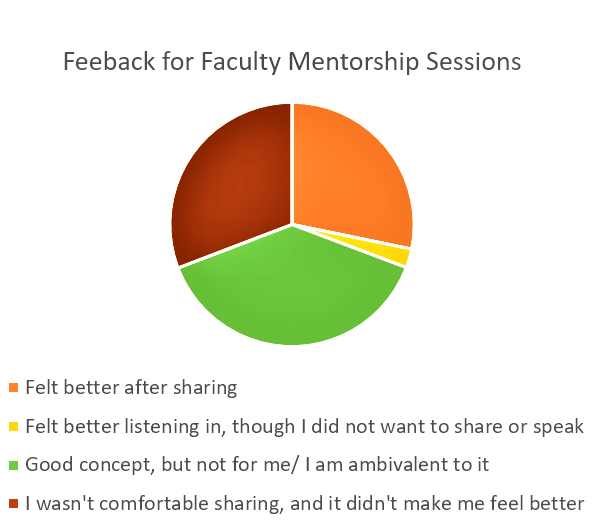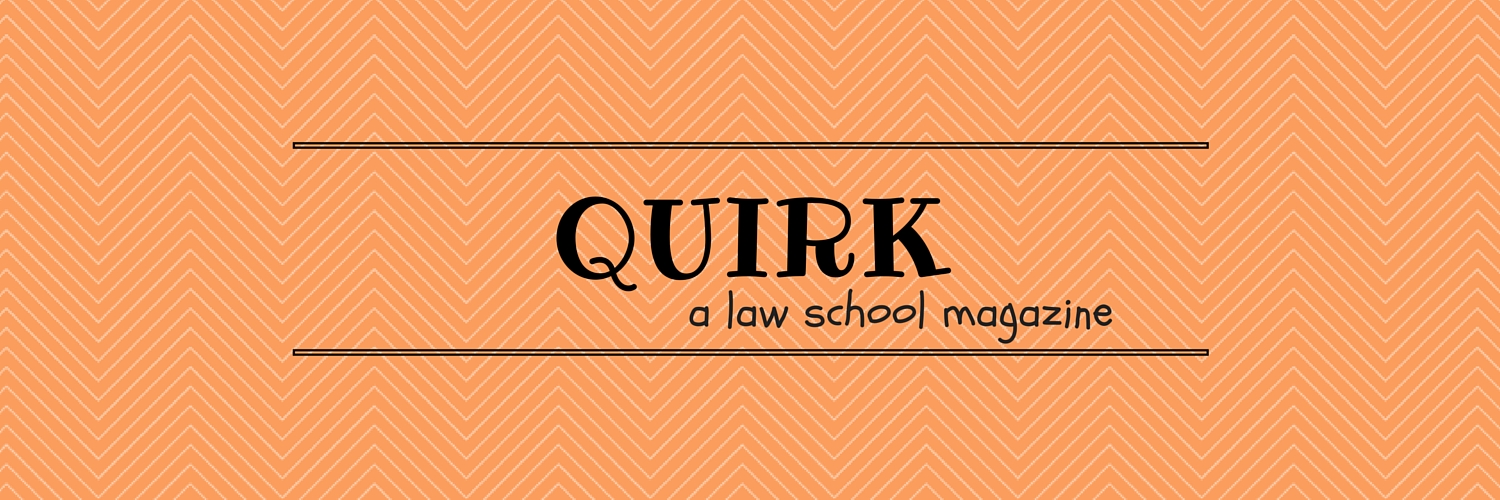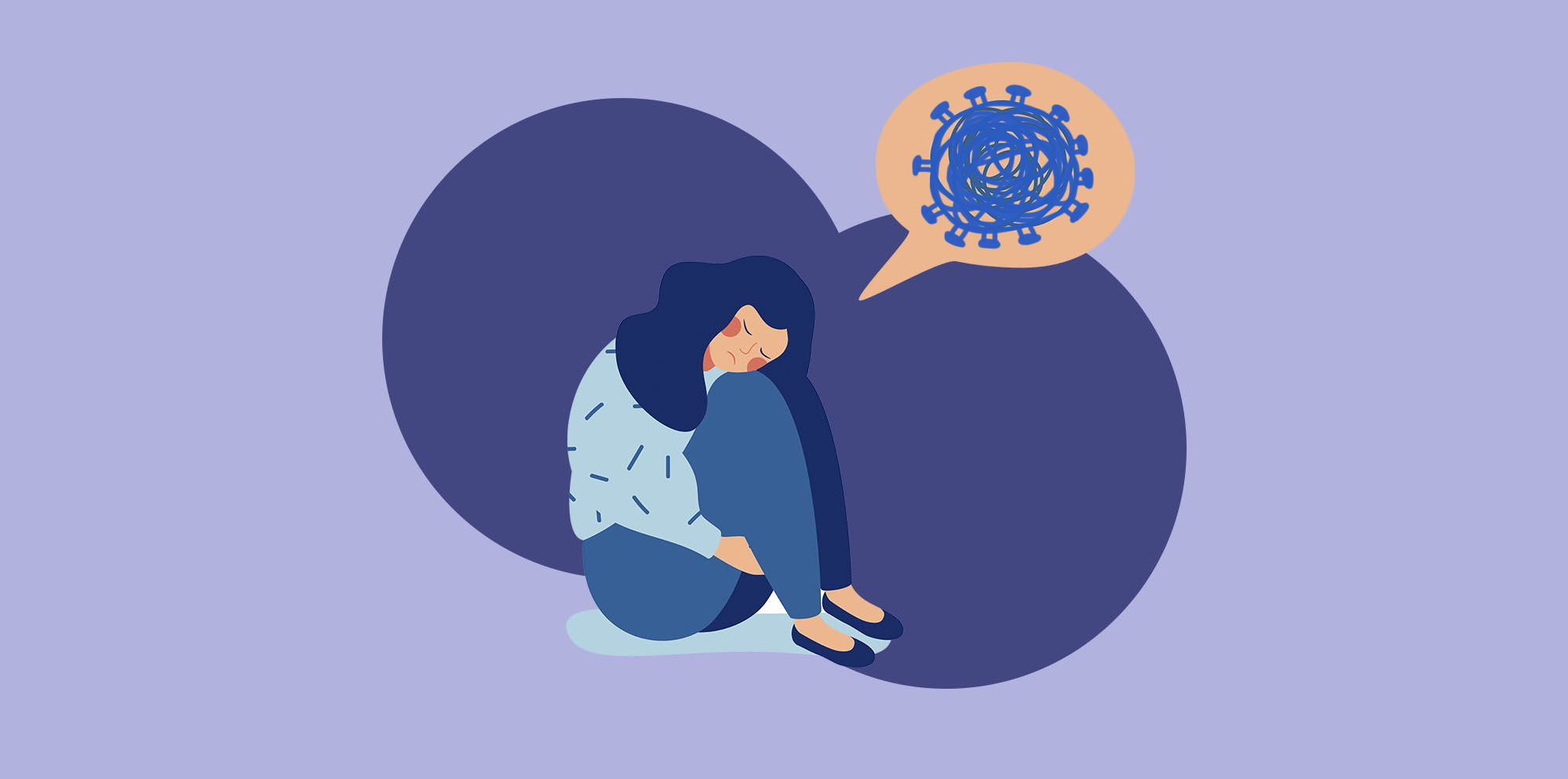This article has been written by Smriti Kalra (Batch of 2021) and Jwalika Balaji (Batch of 2023). The picture has been taken from Country Living’s website and edited by Pallavi Khatri (Batch of 2022).
Once upon a time, long long ago, more than 500 of us studied an intensive course on a residential campus — in the midst of lush greenery and Nagarbhavi’s growing social scene, surrounded by the smell of strong Chetta coffee, constant banter, omnipresent PDA and several snakes. And then COVID-19 happened. The End.
Just kidding! Soon after the declaration of COVID-19 as a pandemic by the WHO, the Karnataka government issued orders on 13 March 2020 for the closure of universities. Over the weekend most of us left for home, with a heavy heart, but also with hopes of returning within this trimester (confidently packing a grand total of 5 t-shirts 😊). The administration promptly and fairly efficiently resumed classes on 18 March 2020. Having largely stuck to the academic calendar and with no disruption to classes, we’re almost at the end of this trimester. Our projects have been submitted, the last set of vivas is scheduled for the next weekend, and exams are just around the corner (albeit with the guidelines having shocked us all). All is good.
H a h a h a
All is not good.
COVID-19 has been extremely dangerous, not only in terms of its physical health risks and mortality rate, but also because it has battered the economy and induced, possibly, the worst mental health crisis ever on a global level.[1] Many countries do not have adequate mental health infrastructure and even if they do, it is not accessible to all sections of the population. Around 300 deaths in the lockdown period in India were non-COVID-19 deaths, related to deteriorating mental health.[2] And this was just the figure around the beginning of May. One can only speculate how much worse this is going to get, propelled by rising unemployment, an increase in health issues, recession, anxiety about future prospects, etc.
‘No man is an island.’ Apparently, neither is Law School.
Several colleges have taken many pro-active steps to support students coping with academic pressure as well as the other problems they might have at home, and also to remedy inequitable access to online resources. At NLS, various stakeholders have been at loggerheads on how to approach online learning and adapt schedules and rules to these trying times.
To get a more “objective” insight into how all of us at NLS are doing, as well as for all those living in denial/under the assumption that students exist to lie/scam/cheat by feigning problems, Quirk sent out this survey to the student body on 10 May 2020. We received 130 responses to our survey, which amounts to roughly 25% of the student body. These responses were fairly evenly distributed across all batches.
76% of the respondents said that their work and academics were being affected due to several COVID-19 lockdown related reasons. This is an overwhelmingly large fraction, and it is quite alarming that students have to continue to push through this trimester – almost as if things were as usual – knowing that their academic performance is going to take a hit one way or the other. As one respondent put it, “cognitive skills have tanked like the economy”. Students’ university work has been adversely affected by (i) lack of empathy from college, (ii) worrying about people they know, (iii) financial trouble, (iv) social media, connectivity and network issues, and (v) stress on account of staying at/being unable to stay at home.
These issues have also manifested in many other ways – such as, procrastination, change in sleep schedules, and becoming more closed off.
Procrastination, often seen as a sign of laziness, can signal a drop in the productivity of students because of them being mentally unable to push themselves to work. 71.8% of respondents felt that they were procrastinating more than usual. We’re not always the most efficient cogs of a machine even when in college (which Chetta and Netflix can confirm), but efficiency levels have significantly worsened now, adding to guilt and worries regarding academic performance. There have also been very ableist messages going around during the pandemic, urging people to be banana-bread-baking-new-language-learning-webinar-viewing-high-functioning individuals, which only induces additional pressures. However, there are several factors which could account for people experiencing a drop in productivity, and leading to procrastination.

Some unique reasons cited by respondents included the summer bringing in a lot of seasonal work in rural areas, suffering from a chronic illness, and feeling like “nothing matters anymore so what’s the point of doing anything”. One respondent also said, “I feel very very discharged – I’m not someone who talks to people much, but I derive a lot of energy and strength from just sitting with people, even if I’m not actively participating.”
The mental strain has also contributed to changing sleep cycles, with 78% experiencing some degree of change and 10% of respondents saying they now have no regular sleep cycle at all.
Adapting to Atmanirbhar: The Newest Trend on the Block
80% of the respondents are not currently seeing a mental health professional, but about 25% of them said that might consider seeing one in the near future. Unfortunately, of the 20% who were seeing a mental health professional, a large majority (85%) are no longer able to do so under lockdown. While the college counsellors remain available remotely (albeit, in one case, taking weeks to respond to a student’s mail), there clearly remains a barrier to access which is disappointing, especially given the additional mental toll under lockdown.

We’ve also had peer group mental health sessions, organised by Aditya Rawat (Batch of 2022). While he’s had this idea for a while, the lockdown gave him the push to hold the first session on 28 April. He has moderated a few sessions of the ‘Check-in Circle’, open to all students, where students are free to share how they’re doing or just lend an ear and some support for others. Although only 20% of the respondents had attended the Check-In Circle, almost all of them (92%) had a positive or neutral experience.
When we asked Rawat what he thinks of the sessions and whether they take a toll on his mental health, he said that while it could be exhausting at times, it helped that “the participants were also active listeners, who hear out whatever it is I want to share. Also, all those who have joined us for these sessions so far, have been very supportive and understanding which helps ease whatever pressure there is supposed to be on me as the moderator” and that he looks forward to seeing more of us join the next session!

The Faculty Mentorship Sessions (which started this month and of which, only one session has been conducted so far) saw a slightly higher rate of attendance (29%), with 68% having a positive or neutral experience.
Several factors influence the rate of attendance: some students had not been allotted a Faculty Mentor or their Faculty Mentor had not conducted a session at the time of the survey, and some students may have chosen to attend/not attend based on which Faculty Member was assigned to be their mentor. The feedback was fairly diverse — some students didn’t feel comfortable sharing their problems with their Faculty Mentor, while some students felt like their session was well conducted by the Faculty Mentor. Most agreed that the discussions revolved around academic pressures, especially the forthcoming exams.
So, umm, what was the point of all this?
Well, primarily to check up on everyone and remind everyone to take care of their mental health in these tough times! We also wanted to collect tangible objective data to chronicle the effect of the lockdown and emphasize the need for better mental health infrastructure (and some sympathy for starters!).
From the rant column provided at the end of the survey, we came across at least one very grave mental health issue, which the person attributed to the apathy they faced from the university administration. On the other hand, one person mentioned that they were coping well, had higher productivity, and felt that the survey form was too negative (who are you and what are your ways?!).
Before you conclude that this survey was just a sob fest, we also asked how much people missed their friends and Law School, on a scale of 1-5. While over half the respondents seemed to miss both, almost one-fifth said they don’t miss Law School at all! But the general feeling towards this was perhaps summed up best by a respondent who asked, “Is there even any difference between these two questions?”
So, until we meet next, take care of your mental health, remember you’re not alone, and know that Law School misses you back!
Godspeed,
Jwalika and Smriti
PS: Quirk’s always here in case you want to share your rant!
[1] ‘Major Mental Health Crisis Looming From Coronavirus Pandemic: UN’ (NDTV.com) <https://www.ndtv.com/world-news/coronavirus-un-secretary-general-antonio-guterres-says-major-mental-health-crisis-looming-from-coronavirus-pandemic-2228460> accessed 23 May 2020.
[2] ‘Suicide Leading Cause for over 300 Lockdown Deaths in India, Says Study’ The Economic Times (5 May 2020) <https://economictimes.indiatimes.com/news/politics-and-nation/suicide-leading-cause-for-over-300-lockdown-deaths-in-india-says-study/articleshow/75519279.cms?from=mdr> accessed 23 May 2020.


Comments